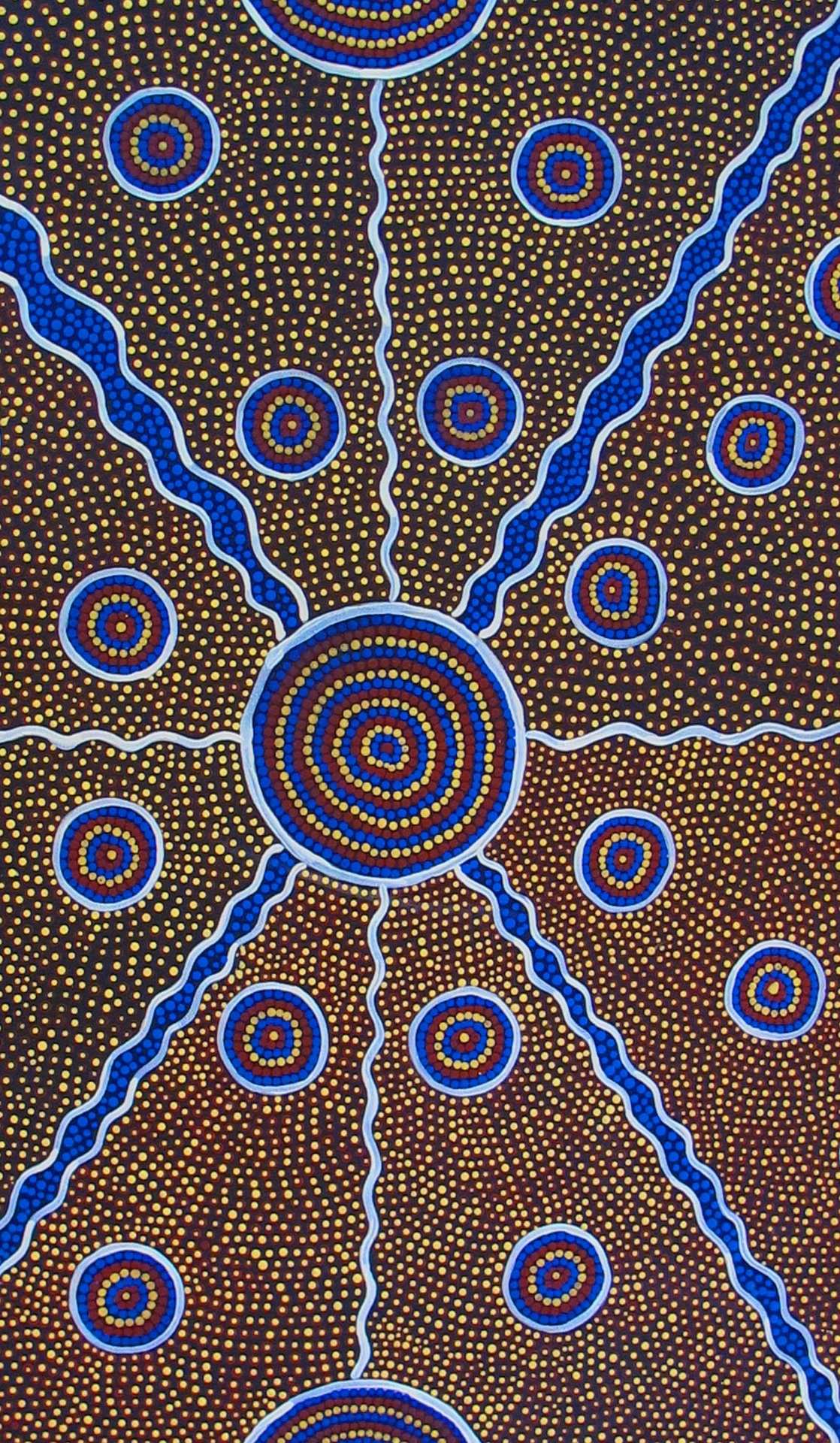Aboriginal and Torres Strait Islander People
Social and Emotional Wellbeing Model

I have been learning about the Social and Emotional Wellbeing Model (SEWB) since moving to Australia.
I am supportive of the SEWB Model because it is so life affirming.
If you work with me, you may notice that aspects of this model underpin our work. The SEWB Model can be used to support healing, health, and wellness for any cultural or ethnic group.
As my familiarity with the histories and cultures of local Aboriginal communities expand and the lenses through which I look change, I hope that the SEWB model will eventually root itself in as the foundation of our work.
In my learning process, my blindspots will keep me from seeing clearly and comprehensively at times. It is my intention and hope to repair any ruptures that may come from this.
In Western healthcare systems, mental and physical health are conceptualised separately and in a non-collective way. We make divisions between the body, mind, and community, and separate out any concepts related to spirituality or connection with something larger than ourselves, disregarding what we cannot measure or understand. In the West, I can be well, but members of my family, extended family, and community can be unwell. This is not considered a contradiction or something that does not make sense in cultures which are organised around individualism and disconnection from the land.
The SEWB lays forth a holistic concept of health based on the social, cultural, and emotional wellbeing of entire communities and kinship networks—central to this is connection with Country. Wellness of the community and individuals is not separated, so the aim must also include impacting larger structures, systems, and institutions of violence and oppression (ie racism) which have and continue to harm Aboriginal and Torres Strait Islander communities.

The Nine Guiding Principles of the SEWB were taken from the 1995 Ways Forward Report, which was the Australian government’s first look into the social and emotional wellbeing and mental health of Aboriginal and Torres Strait Islander people.
The Principles talk about holistic health (mental, physical, emotional, cultural, and spiritual) as the harmony or balance of relationships between communities, kinship networks, and Country. The Principles are also organised around self-determination, human rights, trans-generational trauma, and that which needs to be made visible which has been made invisible, due to past and on-going violence or oppression (ie racism) and colonisation.
The impact of colonisation is too large, enduring, and comprehensive to be placed into and contained by words. It fundamentally impacts and changes layers of existence, which include spirit, connection with lineage and the environment, and physiology.
Trans-generational trauma tends to be a focus in my work with others, as we carry in our individual/collective bodies and spirit that which was passed down to us by our parents, their parents, etc. Recently, science or epigenetics validated what we knew in our bodies all along, that we are affected (as far back as 9-19 generations) by those who came before us.
When we can start healing ourselves in this way, this impacts our families and communities, who can feel our shifts through resonance.